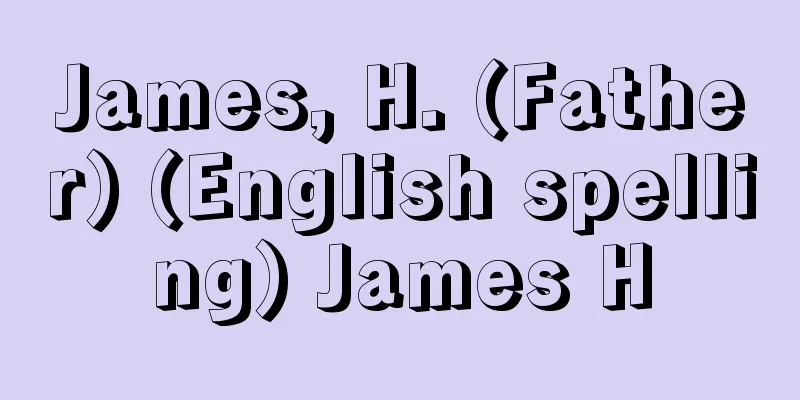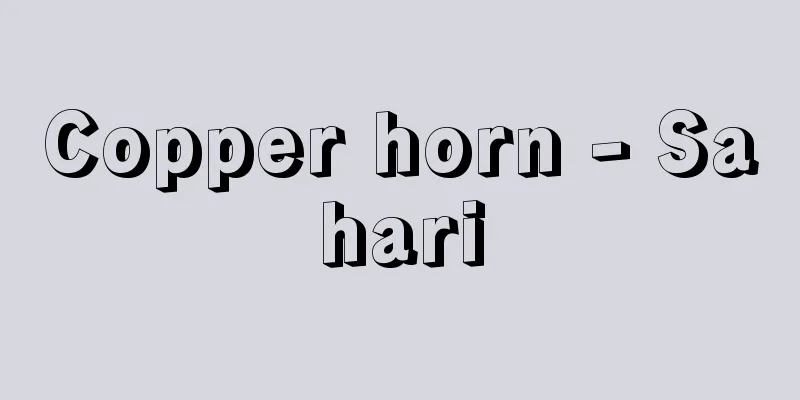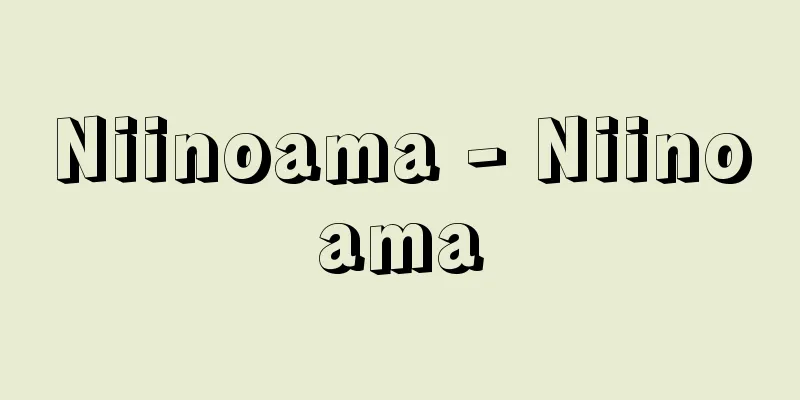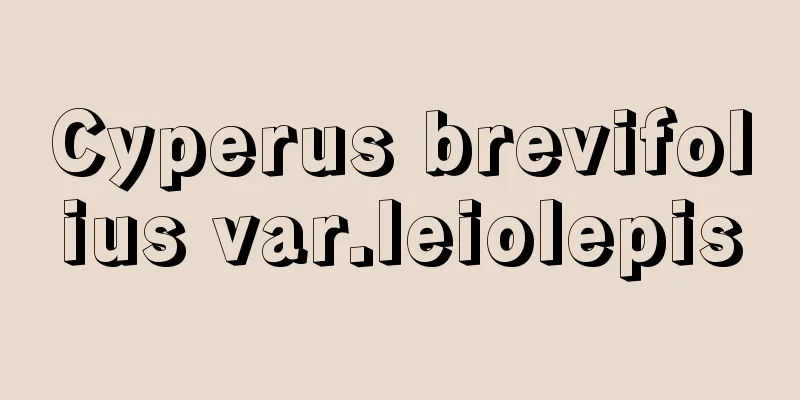Poseidon - Poseidon (English spelling)
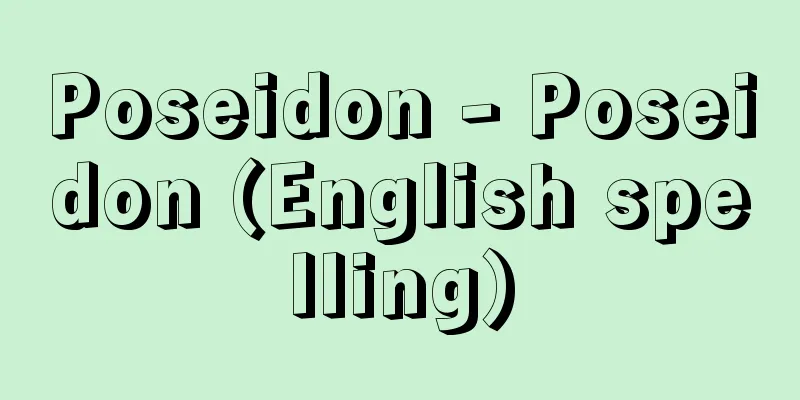
|
In Greek mythology, Poseidon is the great god of the sea. He is the brother of Zeus and rules over bodies of water such as the sea, rivers and springs, but he was originally the god of the earth. This is because his name was anciently called Poseidaon or Poteidan, which is interpreted as meaning "husband of Da." In other words, "Da" is the same as "De" in the name of the fertility goddess Demeter (meaning "mother goddess De"), and he is explained as the husband of the earth goddess Demeter. When Demeter was traveling in search of her daughter Kore, Poseidon challenged her, but the goddess was frightened and transformed into a mare, so Poseidon himself became a stallion and mated with the goddess. Horses were originally closely related to the earth, and Poseidon had the title Hippios, the "god of horses." Other names such as Enosichthon (Earth Shaker) and Gaieochos (Earth Holder) suggest his character as a god of the earth. As with Demeter, the meaning of the "De" or "Da" in his name is unknown, but the name is of Greek origin, and the two are thought to be a pair of consort gods worshipped by the Greeks in ancient times. His base was on the seabed near the island of Euboea, where he had a palace, and he appeared on land driving a four-horsed chariot. Among the few myths about him, the most famous one is the episode in which he fought with Athens for the position of the chief god of Attica. Poseidon created horses, taught humans how to ride them, and made a saltwater well spring up on the Acropolis. Next, Athena made olive trees appear on the Acropolis. In the end, Athena was chosen as the patron god of Attica, and Poseidon became angry and caused a flood, but he lost the battle for patron god not only of Athens, but also of other cities. He is portrayed as a rough, angry, and unattractive middle-aged god, and his legends are rough and even inhuman. All of his children were monsters, barbaric humans, or horses. He always sided with the Greek army in the Trojan War and played a fairly prominent role, but other than that, there are few myths about him. In Roman mythology, he is identified with the water god Neptune. His English name is Neptune. [Teruo Ito] Source: Shogakukan Encyclopedia Nipponica About Encyclopedia Nipponica Information | Legend |
|
ギリシア神話の海の大神。ゼウスと兄弟で、海と河川、泉などの水域を支配するが、もともとは大地の神であったらしい。そのことは、彼の名が古くはポセイダオンPoseidaon、またはポテイダンPoteidanなどとよばれて「ダの夫」の意と解されているからで、つまり「ダ」は豊穣(ほうじょう)の女神デメテル(「母神デ」の意)の「デ」と同一で、大地母神デメテルの夫と説明される。デメテルが娘コレを探して遍歴中、ポセイドンが女神に挑みかかったが、女神は恐れて牝馬(めすうま)に姿を変えたので、ポセイドン自身も牡馬(おすうま)となって女神と交わったという伝承がある。馬はもともと大地と密接な関係があり、ポセイドンには「馬の神」Hippiosという称号があった。このほか「大地を揺り動かす者」Enosichthonとか「大地を保つ」Gaieochosなどの呼称からも、大地の神としての性格がうかがえる。デメテルと同様にその名の「デ」あるいは「ダ」の意味は不明ながら、名称はギリシア語系であり、2人は古い時代にギリシア人に崇拝されていた一対(いっつい)の配偶をなす神々と思われる。彼の本拠はエウボイア島に近い海底で、そこに宮殿があり、四頭立ての戦車を駆って地上へ現れる。 彼の数少ない神話のうちでも有名なのは、アテネとアッティカの主神の座をめぐって争ったエピソードであろう。ポセイドンは馬をつくって人間に乗馬の術を教え、アクロポリスに塩水の井戸を湧(わ)き出させた。次にアテネが、オリーブの木をアクロポリスに生じさせた。結局アッティカの守護神にはアテネが選ばれ、ポセイドンは怒って洪水を起こしたというが、彼はアテネばかりでなく、他の都市の守護神争いにも敗れている。彼は粗野で怒りっぽく、さして魅力のない中年の神として描かれており、その伝説も粗暴で非人間的とさえ感じられる。彼の子はすべて怪物か野蛮な人間または馬であった。またトロヤ戦争ではつねにギリシア軍に味方して、かなり目だった活躍をしているが、それ以外では神話に乏しい。ローマ神話では水の神ネプトゥヌスNeptunusが同一視される。英語名はネプチュンNeptune。 [伊藤照夫] 出典 小学館 日本大百科全書(ニッポニカ)日本大百科全書(ニッポニカ)について 情報 | 凡例 |
>>: Poseidonios - Poseidonios (English spelling)
Recommend
R Technique - R Technique
...Then, led by the industrialization of society,...
Supernumerary births - Kajoutatai
…When such animals are bred, implantation of embr...
Shozo Ogiya
1913-1992 A journalist and critic from the Showa ...
Bubi
… [Nobuyuki Hashimoto] [Residents, Society] More ...
Kanuma-shuku
...Kenuma is known as the home of pumice soil for...
English cocker
…It is a bird-hunting dog breed that originated i...
Imiki
It was the fourth-ranked surname in the eight-cla...
Educational Mission
...The second mission (led by WE Givens and consi...
"Araki Mataemon" (movie) - Araki Mataemon
...In 1909, at the request of Yokota Einosuke (Yo...
hot flush
…During mental excitement, brain cell activity na...
Frappe (English spelling) frappé (France)
1. Shaved ice. Or shaved ice topped with ice cream...
Drift
The movement of charged particles in a substance ...
Backward reasoning - Ushiromukisuiron (English spelling) backward reasoning
One of the reasoning methods used in research in t...
Sino-Foreign Joint Venture Law
This is the law on joint ventures with foreign cap...
Punishment - Shiuchi
〘 noun 〙 ("Shi" comes from the conjuncti...


